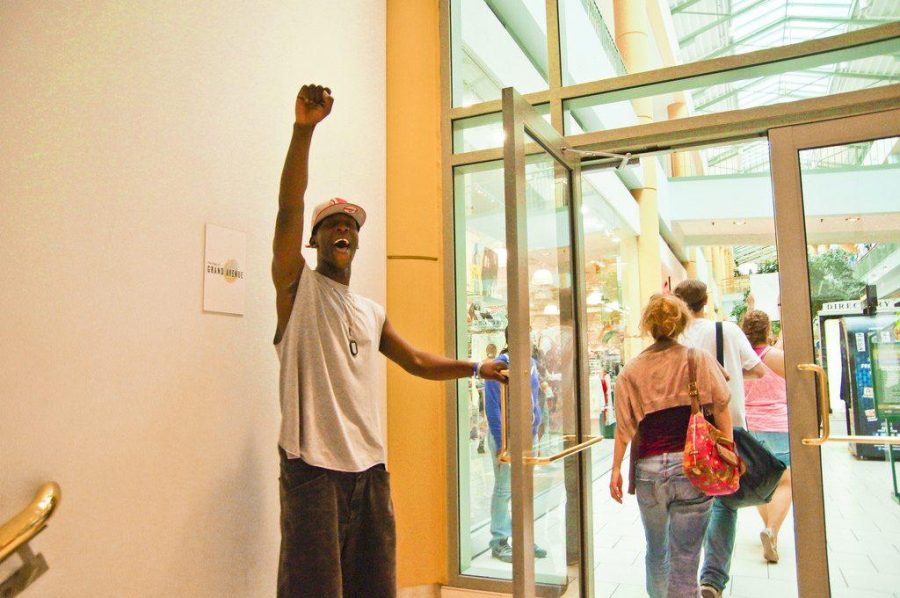Whatever happened to common courtesies like helping someone out of their coat, pulling out a chair or simply saying “please?” These manners were taught to most of us as children (hopefully), but sadly it seems like they have failed to be fully applied to our adult lifestyles. Maybe shedding light on some of our lost customs can take us a step toward revitalizing them.
Opening/Holding Doors
Whether it be a car door or the entrance to a building, holding doors shows respect for the individual you hold it for. By holding a door, you are acknowledging the individual behind you and allowing them to go before you. Nowadays, some people will walk out a door first and then hold it open in passing for another person walking in to grab, thinking that means they got the door for someone else. In reality, opening up the door means stepping to the side, allowing the person behind you to walk in first and then closing the door behind you.
When it comes to cars, some only open the car door to let someone get in. However, doors also need to be opened to help someone out. I understand that many of us want to move quickly and feel we do not have time to wait for people to get our doors or even to open doors for others. However, the simple act of opening up a door shows that you’re putting forth extra effort for others as well as yourself. And when someone does it for you, show gratitude and respect in return.
Giving Your Full Attention
Our phones seem to suck up all our attention these days but while speaking to someone face to face, it is still important to look directly at them and not at your phone. Adrian Furnham, Ph.D, says, “Gaze plays a crucial role in conversation. Looking at another person is a way of getting feedback on particular points. It is also used as a synchronizing signal. People tend to look up at the end of utterances: this gives them feedback and hands over the conversational baton.” By putting one’s phone away, it shows the individual in front of you that you care about what they have to say. The power of gaze is, indeed, crucial for understanding someone and how they react and feel.
Please and Thank You
Now, “please” and “thank you” haven’t been completely lost, but they have become less important in the casualness of today’s interactions. Most of us still say “thank you” or “thanks,” but “please” seems much less common. Instead of adding “please,” we will often simply ask a question. For example, “Can you pass the salt?” or “Can I get by?” We know these should be followed by a “please,” yet we have removed the word to get what we want quicker.
Anthropologist and activist, David Graeber, says it plainly. “The English ‘please’ is short for ‘if you please.’ ‘if it pleases you to do this’ — it is the same in most European languages (French, ‘si il vous plait’ and Spanish, ‘por favor’). Its literal meaning is ‘you are under no obligation to do this.’” Respecting others’ time and efforts is an important concept to understand. By saying “please,” you show that you do.
Being Aware of What/Who is Around You
Apparently some of us have come to the conclusion that if we don’t look directly at something, then it won’t hit us or run into us. We think that everyone else will watch out for our own well-being. Some examples are changing lanes while driving or texting while walking. There are other people around you constantly and unfortunately, they won’t always watch out for you.
Being aware of what is going on around you is simply polite and avoids unnecessary accidents. When you walk and text, stay to the right of the walkway to allow others to pass you, and don’t drift from side to side. When changing lanes, let a car merge in front of you and don’t pretend not to see them when trying to get over. Sorry to burst some bubbles here, but the world does not revolve around one person. Look around at others and acknowledge them.
Manners and common courtesies are still important today and in fact, now more than ever. In living in a technological world where so much is personalized and catered to the individual, it can be easy to be dragged into the “me-me-me” mindset. Breaking out of that and remembering basic manners can help us notice and respect those around us to allow for smoother, happier interactions with other people.


